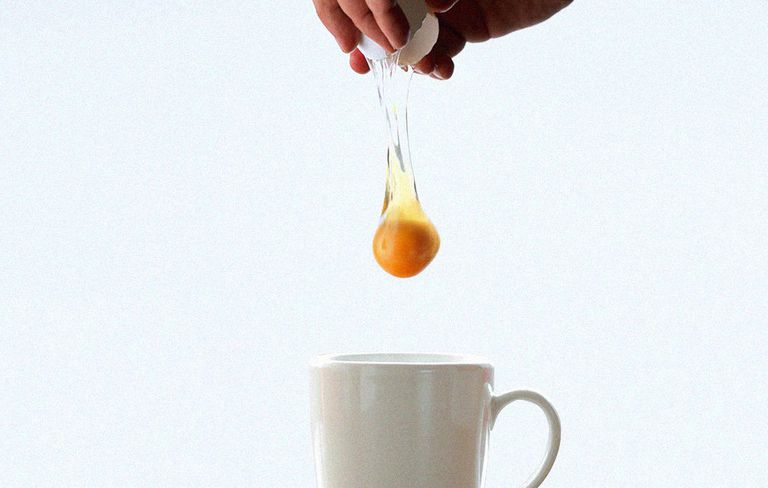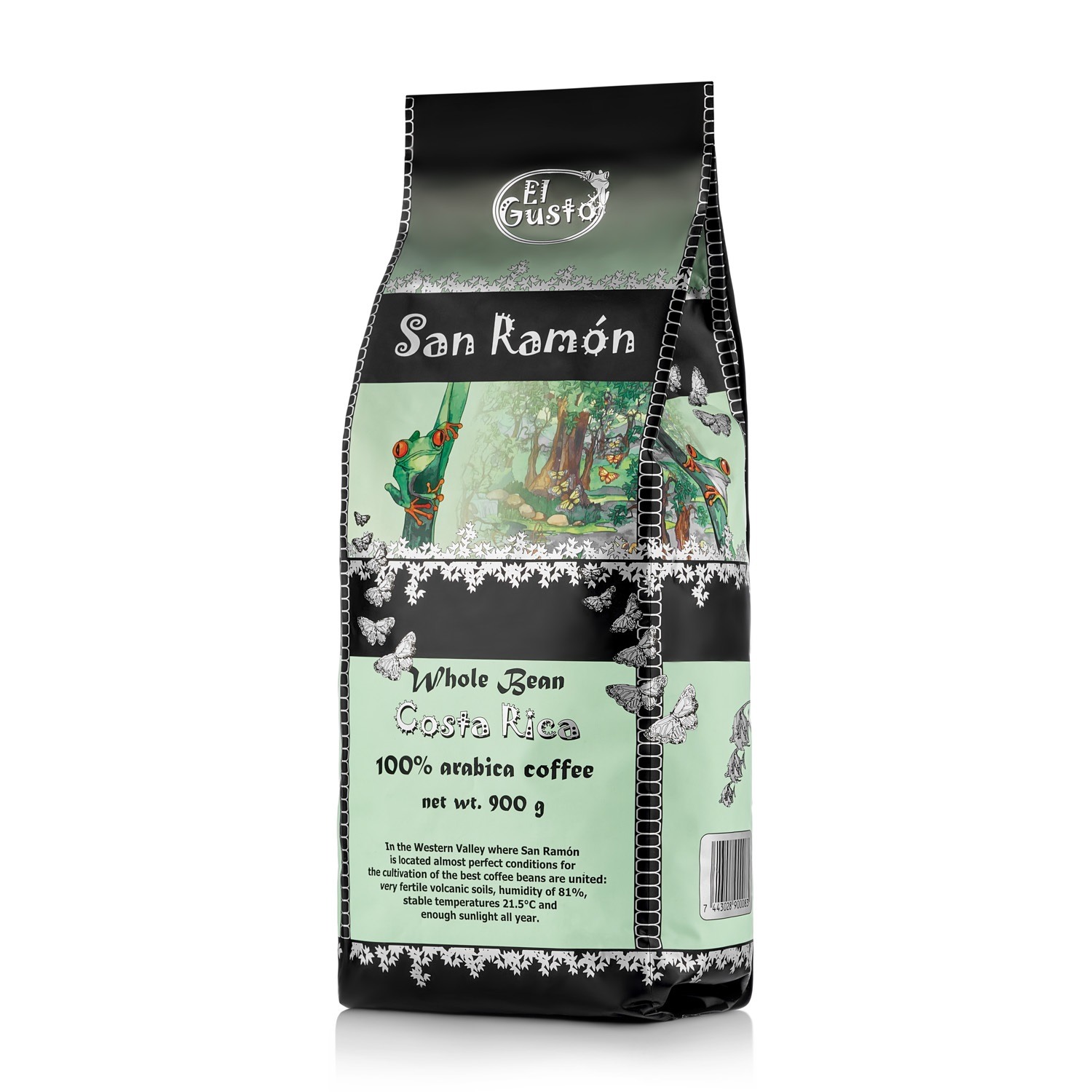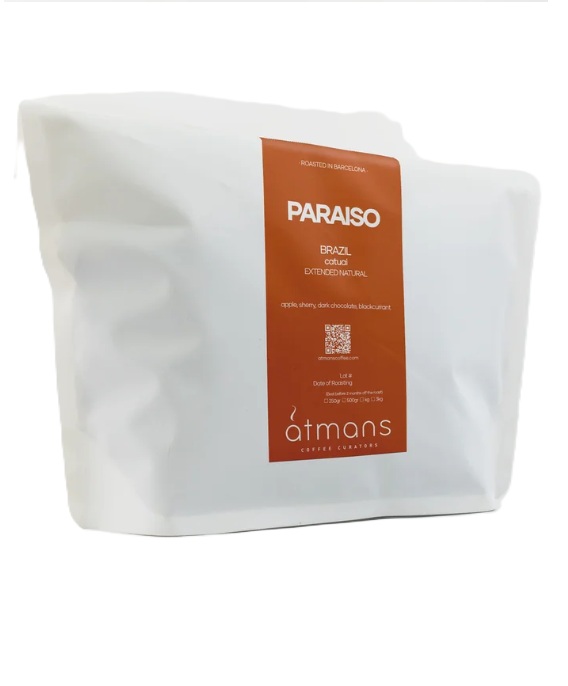
How To Make The Exotic Scandinavian Egg Coffee
Table of Contents
- Boil two cups of water in a stove-top coffee pot.
- Of course, high-quality coffee beans is a must in making the perfect Scandinavian egg coffee. The run-of-the-mill can coffee varieties work wonders in making the egg coffee. But if you don't have this type of beans, you can use your favorite coffee beans you have at home.
- For one egg coffee recipe needs 20 grams of ground coffee that can make two standard cups of Scandinavian coffee. So, make sure to measure your beans accurately.
- After measuring your coffee beans grind them out.
- Now, time to add the distinctive recipe which is the whole egg - the idea behind this process is that albumin in egg whites will soak up coffee's bitter tannins and leave behind a super-smooth drink.
- You can also crush and add the egg shell which acts as a "flocculant" to clump together tiny coffee particles, making them easier to remove.
- Then add your coffee grounds to the egg, along with 1/4 cup of cold water.
- Whisk them together until it is well incorporated.
- Then pour your mixture into the boiling pot of water, cover, and set aside for 10 minutes.
- Yes, the coffee looks unpleasant, but it's the way it is. Be sure to keep an eye for the foamy bubbly texture in your pot especially when partially covering it. The egg-and-coffee mixture likes to boil over if heated at too high a rate.
- Once brewed, pour one cup of cold water on top. The same way that colder, denser air sinks, the water will push the foam below and the coffee will float on top.
- You can use a filter or fine-mesh sieve to contain the egg-foam and have a cleaning liquid.
- You might get disappointed in the discoloration because the outcome seems weakly brewed where it appears like tea already, but don't get sad because it's the characteristics of it.
- The albumin in the egg whites had absorbed most of the tannins, turning them tan-brown. This clarified the brew and dramatically cut its bitterness while leaving all the precious caffeine behind.
- The downside of egg coffee? The cleanup. But if you're hosting family and friends for breakfast, it'd be a fun treat — especially if your guests see the swamp monster that made possible their tasty cup of brew.
How To Make The Exotic Scandinavian Egg Coffee
- Shelli Galici
- 16-07-2018
- 29-07-2025
- 2032 views
- Coffee Tips, Featured Articles, How To's, Information

Espresso, latte, cappuccino, flat white, Americano, mocha, macchiato, Irish coffee, these are some of the usual coffee drinks we often order to coffee shops or make at home. But there are other kinds of coffee that are uncommon from your usual cup of java, like the Scandinavian egg coffee.
Scandinavian egg coffee is a traditional brewing method originally popular in Sweden and Norway. The technique uses a whole raw egg mix with the coffee grounds before adding them to boiling water. Scandinavian egg coffee is also referred to as “Church Basement Coffee,” since the vast amount they brew at once is enough to enjoy for Sunday gatherings.
The idea of this method is the egg clarifies the coffee, creating a perfect separation between the grounds and the water used to extract them.
Here are the steps on how you can make Scandinavian egg coffee to your home. (steps courtesy from the business insider)
Boil two cups of water in a stove-top coffee pot.

Photo Credits Dave Mosher/Business Insider
Of course, high-quality coffee beans is a must in making the perfect Scandinavian egg coffee. The run-of-the-mill can coffee varieties work wonders in making the egg coffee. But if you don’t have this type of beans, you can use your favorite coffee beans you have at home.

For one egg coffee recipe needs 20 grams of ground coffee that can make two standard cups of Scandinavian coffee. So, make sure to measure your beans accurately.

Photo Credits Dave Mosher/Business Insider
After measuring your coffee beans grind them out.

Now, time to add the distinctive recipe which is the whole egg – the idea behind this process is that albumin in egg whites will soak up coffee’s bitter tannins and leave behind a super-smooth drink.

Photo Credits Dave Mosher/Business Insider
You can also crush and add the egg shell which acts as a “flocculant” to clump together tiny coffee particles, making them easier to remove.
Note: before adding the eggshells be sure to wash them properly to avoid adding bacteria to your java, or else it will ruin the experience of tasting an exotic kind of coffee drink.

Photo Credits Dave Mosher/Business Insider
Then add your coffee grounds to the egg, along with 1/4 cup of cold water.

Photo Credits Dave Mosher/Business Insider
Whisk them together until it is well incorporated.

Photo Credits Dave Mosher/Business Insider
Then pour your mixture into the boiling pot of water, cover, and set aside for 10 minutes.
Note: you can also simmer the mixture for three to five minutes.

Photo Credits Dave Mosher/Business Insider
Yes, the coffee looks unpleasant, but it’s the way it is. Be sure to keep an eye for the foamy bubbly texture in your pot especially when partially covering it. The egg-and-coffee mixture likes to boil over if heated at too high a rate.

Photo Credits Dave Mosher/Business Insider
Once brewed, pour one cup of cold water on top. The same way that colder, denser air sinks, the water will push the foam below and the coffee will float on top.

Photo Credits Dave Mosher/Business Insider

Photo Credits Dave Mosher/Business Insider
You can use a filter or fine-mesh sieve to contain the egg-foam and have a cleaning liquid.

Photo Credits Dave Mosher/Business Insider
You might get disappointed in the discoloration because the outcome seems weakly brewed where it appears like tea already, but don’t get sad because it’s the characteristics of it.

Photo Credits Dave Mosher/Business Insider
To experience this exotic Scandinavian egg coffee skip the usual additives and enjoy the smooth, non-bitter, and delicious taste of the egg coffee. The coffee might taste a little weak than espresso, but you might get surprised that this coffee can give you a strong caffeine buzz after a few sips.
The albumin in the egg whites had absorbed most of the tannins, turning them tan-brown. This clarified the brew and dramatically cut its bitterness while leaving all the precious caffeine behind.

Photo Credits Dave Mosher/Business Insider
The downside of egg coffee? The cleanup. But if you’re hosting family and friends for breakfast, it’d be a fun treat — especially if your guests see the swamp monster that made possible their tasty cup of brew.

Photo Credits Dave Mosher/Business Insider
So will you try to make this Scandinavia coffee at home? Comment down below on your thoughts.






















